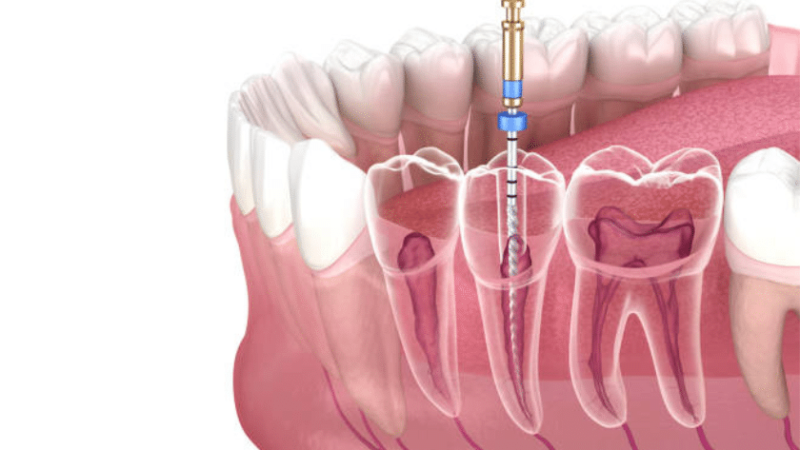Long-Term Health Effects of Camp Lejeune Water Contaminat

Camp Lejeune, a Marine Corps Base in North Carolina, was home to a contaminated water supply from the 1950s to the 1980s.
For over 30 years, the water supply at Camp Lejeune was poisoned with chemicals known as specific volatile organic compounds (VOCs). These compounds include trichloroethylene (TCE), tetrachloroethylene (PCE), benzene, and vinyl chloride (VC). These chemicals are known carcinogens and are linked to a wide range of health problems, including cancer, congenital disabilities, and neurological disorders.
If you or a loved one was exposed to the toxic waters at Camp Lejeune, you have a significant risk of developing serious health problems.
In this article, we’ll discuss the long-term health effects and symptoms of Camp Lejeune water contamination. We’ll also look at how recognizing them can help veterans receive the medical treatment, VA disability benefits, and personal injury compensation they deserve.
Table of Contents
Long-Term Health Effects
According to the Agency for Toxic Substances and Disease Registry (ATSDR), the contaminated waters of Camp Lejune are responsible for at least 16 health conditions and diseases. These include:
Cancers
The contaminated waters have exponentially increased the risks of developing different types of cancer in those exposed to it.
Studies reveal contaminants like benzene, TCE, and vinyl chloride in the water supply are likely the culprits. Due to the overwhelming evidence of TCE and its role in causing cancer, the EPA has suggested new regulations. These regulations, if implemented, will see a complete ban on the use of TCE.
The contaminants can cause cancers of the bladder, breast, cervix, esophagus, kidney, liver, and lungs. Additionally, increased incidences of adult leukemia, non-Hodgkin’s lymphoma, and multiple myeloma have also been recorded.
Moreover, multiple myeloma is a common illness found in infected people.
Reproductive Effects
The toxic water has also been linked to reproductive issues. Research demonstrates increased risks of infertility, miscarriages, stillbirths, and congenital disabilities among women who consumed the contaminated water while pregnant. The chemicals are believed to disrupt normal reproductive functioning.
Kidney Diseases
Drinking toxic water is associated with renal toxicity, which is kidney damage, often leading to kidney failure. Symptoms include changes in urination, blood in urine, nausea, and swelling in the extremities. The contaminants are toxic to kidney cells and can impair function.
Neurological Effects
Scientists have also linked exposure to the water to heightened neurobehavioral effects in children, such as attention and learning problems, as well as increased aggressive behavior.
Adults face greater risks of neurological diseases like Parkinson’s, ALS, and scleroderma. The toxins likely damage nerve cells and impair neurological functioning.
Liver Diseases
Studies show the poisoned water led to incidences of liver damage like hepatic steatosis and cirrhosis. Fatigue, weight loss, and abdominal pain are common symptoms of liver disorders.
The liver plays a crucial role in processing toxins. So, when the chemicals overload it, it leads to the mentioned liver conditions.
Symptoms Associated With Camp Lejeune Contamination
The disorders mentioned above can display a range of unique symptoms, such as:
Cancer-Related Symptoms
- Extreme Tiredness
- Fever
- Sleep sweats
- Reduced appetite
- Weight loss/gain
- Unusual bowel or bladder functioning
- Skin inflammation and lumps
- Chest congestion and impaired breathing
Other Disorders-Related Symptoms
- Erratic heart rate
- Stomach pain
- Unable to get pregnant
- Reduced urine production
- Dry, itchy skin
- Dental abnormalities in cleft lip and palate
- Decreased nerve functioning and neuropathy
- Shivering of arms, legs, or head
- Muscle rigidity
What to Do if You’re Experiencing Symptoms
So, if you or your loved ones are experiencing any of the symptoms of Camp Lejeune water contamination, TorHoerman Law recommends a few things you should do:
- Get regular medical checkups
- Be aware of the signs of the health problems listed above
- Live a healthy lifestyle
Failure to seek immediate professional care can cause serious impairment or even death.
Meanwhile, if you or your loved ones are diagnosed with any one of the mentioned conditions, you may be eligible for VA disability benefits and personal injury compensation.
Conclusion
The Camp Lejeune water contamination has had devastating health effects on thousands of innocent people.
It’s crucial to be aware of the potential health risks associated with such incidents and to advocate for proper regulations and support systems for affected communities.
While there has been some progress, addressing these health effects is still an ongoing journey, emphasizing the need for vigilance and responsibility in ensuring clean and safe water for all.
If you or someone you know has been exposed to the toxic waters of Camp Lejeune and is experiencing any of these symptoms, seek medical attention immediately. Additionally, recognizing these symptoms can help veterans receive the medical treatment, VA disability benefits, and personal injury compensation they deserve.







lisinopril tablets